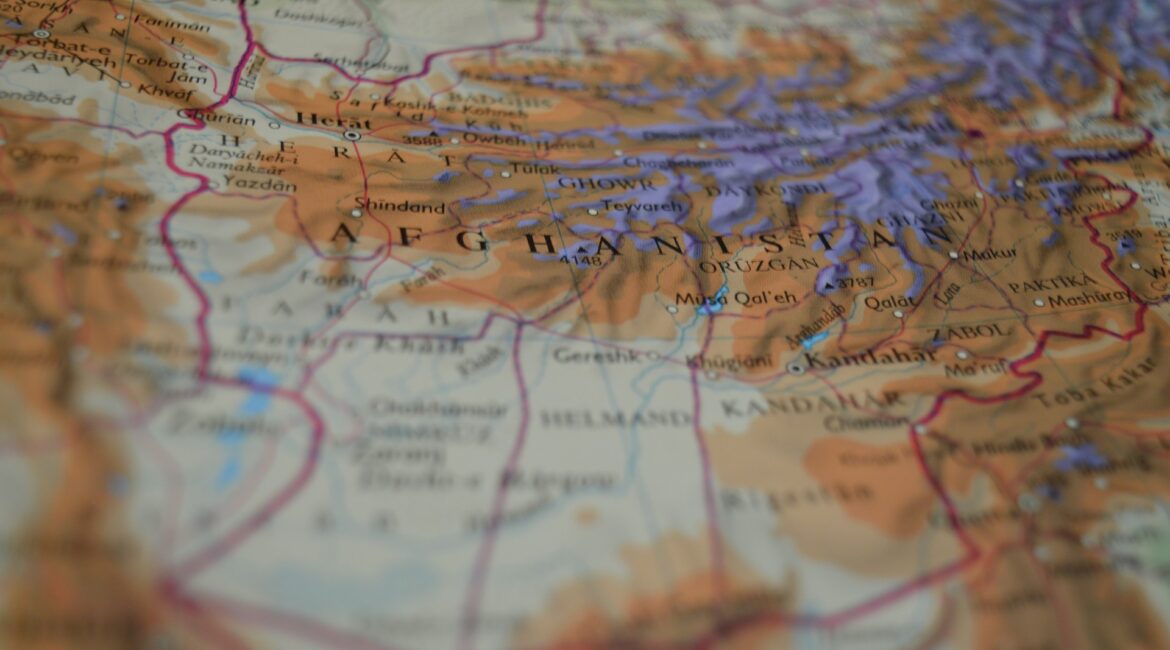Outside Afghanistan, there is temptation to regard the Taliban as a single solid entity or organization moving forward with a common purpose. But in fact it is made up of different factions who could even plunge back Afghanistan into war.
One faction of the Taliban is known as Haqqani Network and they are the operational brains of the organization. Sirajuddin Haqqani is the leader of this network. His uncle, Khalil Al Rahman Haqqani, is a field commander and his brother, Anas Haqqani, is the faction's main political figure.
The Haqqanis control most of the east and center of Afghanistan, including the capital, Kabul. In recent years, The Haqqanis have been responsible for the Taliban's terrorist attacks in and around Kabul. They are currently in charge with the security in the capital. This faction is the most extremist part of the Taliban and the majority of its members have signed up to be potential suicide bombers.
The other big group are the Durranis. Their leader is Mullah Yaghoub, son of the Taliban's founder, Mullah Omar. The Durranis control mostly the south of Afghanistan and parts of the west. They captured Kandahar airport, along with a huge amount of small arms and heavy weapons. They have also many Black Hawk helicopters seized in Kandahar airport. The Durranis have suicide squads too, young men dressed in white.
Therefore, the Haqqanis and the Durranis are roughly equivalent in terms of military capabilities and economic resources. In the past weeks, there were signs that the two factions are positioning themselves for an imminent powerful struggle and rivalry between the two tribes could end up leading to more fighting in Afghanistan, this time in a civil war inside the very Taliban factions.
When the Taliban took Kabul, the Haqqanis held all the strategic, military and intelligence offices. They didn't let other Taliban factions get inside the Ministry of Defense, the Interior Ministry, Kabul Airport and other sensitive institutions. Thus, there is a risk that the Taliban would not be able to create the Islamic utopia they have been promising to their followers and that their soldiers will join more extremist groups, like the Islamic State in Afghanistan.
Would rivalry between Taliban factions lead to a civil war?

